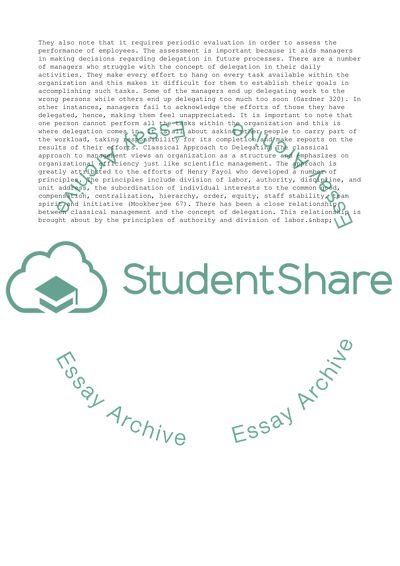Cite this document
(“Business Essay - Delegating Example | Topics and Well Written Essays - 1250 words”, n.d.)
Business Essay - Delegating Example | Topics and Well Written Essays - 1250 words. Retrieved from https://studentshare.org/business/1450175-delegating
Business Essay - Delegating Example | Topics and Well Written Essays - 1250 words. Retrieved from https://studentshare.org/business/1450175-delegating
(Business Essay - Delegating Example | Topics and Well Written Essays - 1250 Words)
Business Essay - Delegating Example | Topics and Well Written Essays - 1250 Words. https://studentshare.org/business/1450175-delegating.
Business Essay - Delegating Example | Topics and Well Written Essays - 1250 Words. https://studentshare.org/business/1450175-delegating.
“Business Essay - Delegating Example | Topics and Well Written Essays - 1250 Words”, n.d. https://studentshare.org/business/1450175-delegating.


